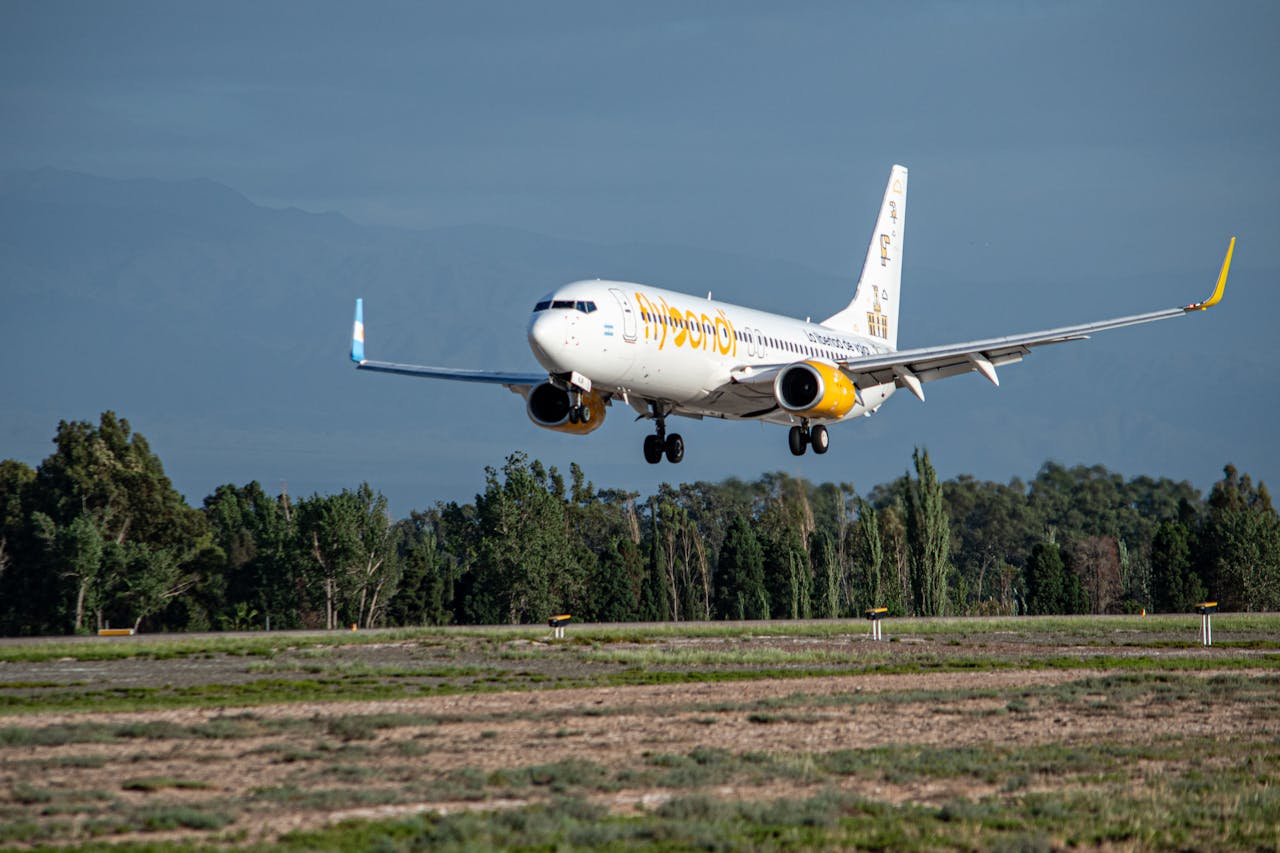
Airplanes operate in extreme conditions, so every system must work flawlessly to ensure safety. The hydraulic system, which controls landing gear, brakes, and flight surfaces, is one of the critical components that ensure smooth operation. The selection of hydraulic fluid is crucial because of the high temperatures and pressures that these systems must withstand.
Reducing Fire Hazards in High-Temperature Environments
Particularly in areas close to engines, brakes, and other high-temperature zones, aircraft hydraulic systems create enormous heat during operation. Using fire-resistant hydraulic fluid lessens the possibility of ignition in the event of a system leak. Under high-pressure spray circumstances, traditional hydraulic fluids burn readily and turn a minor leak into a catastrophic fire hazard.
However, fire-resistant substitutes are designed to stifle ignition, therefore offering a vital layer of protection for the passengers and crew. These fluids excel under circumstances that would overwhelm standard options. For instance, advanced fluids like Skydrol are designed especially to withstand combustion even in extremely hot environments. Using such high-performance fluids not only improves fire safety but also guards important systems against damage from fluid breakdown or overheating.
Enhancing Operational Reliability in Extreme Conditions
From scorching tarmacs to freezing heights, airplanes run in a wide spectrum of conditions. Hydraulic systems must be dependable regardless of temperature fluctuations, pressure changes, or the strain of long-distance flights. Designed to maintain their chemical stability and viscosity under these high conditions, fire-resistant hydraulic fluids ensure consistent operation free from risk of breakdown.
This dependability translates to fewer maintenance issues and improved overall aircraft performance. Fire-resistant fluids prevent the formation of harmful by-products like sludge or varnish while resisting the stresses of high-pressure systems. Their ability to work consistently under pressure guarantees that important systems—such as wing flaps, rudders, and brakes—remain responsive and trustworthy during every phase of flight.
Protecting Hydraulic Components from Corrosion and Wear
Precision-engineered parts found in hydraulic systems in aircraft necessitate careful treatment. Corrosion, wear, and, ultimately, system failure can result from moisture, pollutants, or poor-quality fluids. By including cutting-edge ingredients that prevent rust, corrosion, and chemical deterioration, fire-resistant hydraulic fluids provide outstanding protection.
Supporting Environmental and Safety Regulations
The aviation sector is held to strict safety and environmental requirements; hence, the kind of hydraulic fluid used directly affects compliance with these rules. Designed with sustainability and safety in mind, fire-resistant hydraulic fluids have minimal toxicity and less environmental effect than conventional options. Their sophisticated formulations ensure that your aircraft follows industry criteria without compromise by meeting worldwide standards for fire safety and emission control.
Minimizing the Risks of System Failures During Emergencies
Particularly in an emergency when quick decisions are required, aircraft hydraulic systems must perform flawlessly. A sudden hydraulic breakdown brought on by fluid degradation or ignition can threaten important systems, leaving the crew with limited options. Designed to manage emergencies, fire-resistant hydraulic fluids guarantee that systems stay running even under pressure. These fluids are made to resist pressure surges, abrupt temperature fluctuations, and extended use without losing their efficacy.
Conclusion
Aviation relies significantly on fire-resistant hydraulic fluids, which offer unmatched environmental advantages, dependability, and safety. They extend the lifetime of important components, improve operating performance under extreme circumstances, and guard hydraulic systems from fire hazards. These advanced fluids also comply with industry regulations while reducing risks during emergencies. Selecting fire-resistant hydraulic fluids guarantees your aircraft runs at maximum efficiency and provides the dependability and safety required in the high-stakes environment of aviation.


